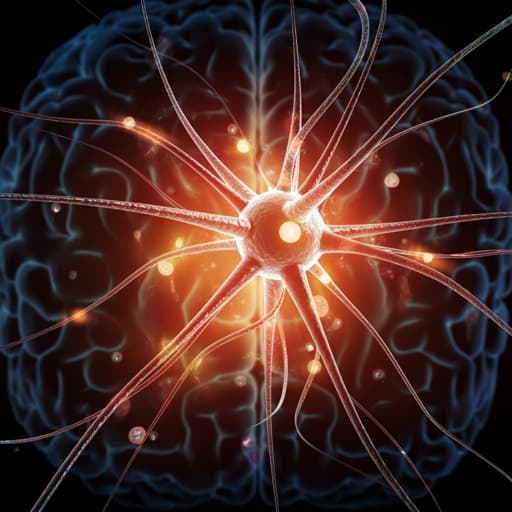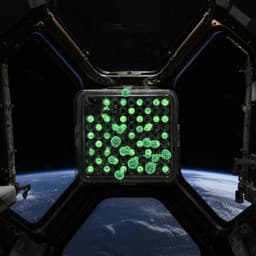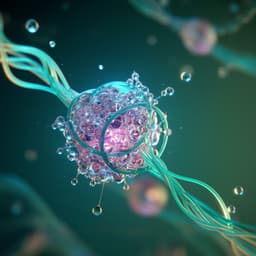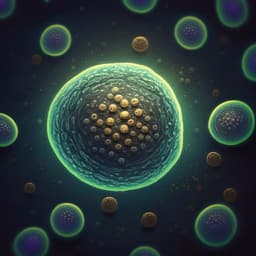
Medicine and Health
Neuroprotective Effects of Human-Induced Pluripotent Stem Cell-Derived Mesenchymal Stem Cell Extracellular Vesicles in Ischemic Stroke Models
G. Lu, X. Su, et al.
Discover the groundbreaking research by Gang Lu, Xianwei Su, Lihon Wang, Chi-Kwan Leu, Jingye Zhou, Zhiqiang Xiong, Wuming Wang, Hongbin Liu, and Wai-Yee Chan on the neuroprotective effects of extracellular vesicles derived from hiPS-MSCs in ischemic stroke. Their study reveals the potential of these EVs to reduce injury and promote recovery, paving the way for innovative cell-free therapies in stroke treatment.
Related Publications
Explore these studies to deepen your understanding of the subject.







